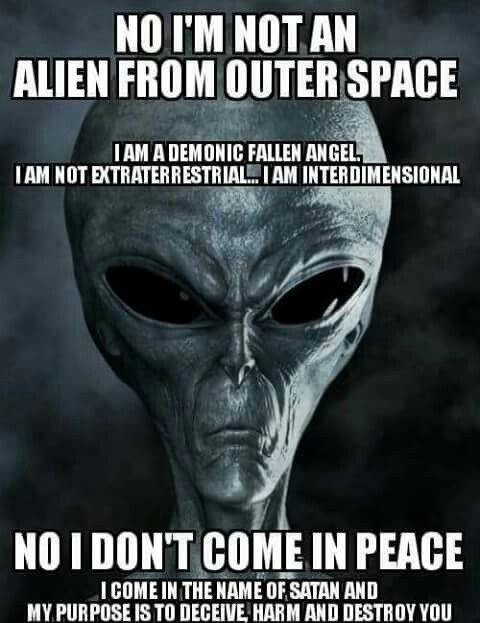You can add another voice from the media and education community to the growing list of military and government figures who are now talking about the potential realities of UFOs, no matter where they’re actually coming from. Daniel Drezner, a writer for the Washington Post, as well as a professor at Tufts University, tosses another log on the fire this week with a provocative proclamation. According to Drezner, we’ve hit the point where everyone needs to get used to the idea that we have things flitting around in our airspace that we can’t yet explain. He then dangles the bait many have been waiting for, asking how much longer it will be before we have to consider the unimaginable as the only logical conclusion.
What appears to be happening is that official organs of the state are now acknowledging that UFOs exist, even if they are not literally using the term. They are doing so because enough pilots are reporting UFOs and near-air collisions so as to warrant better record-keeping. They are not saying that these UFOs are extraterrestrials, but they are trying to destigmatize the reporting of a UFO.
Still, the very fact that this step has been taken somewhat weakens the Wendt and Duvall thesis ("Sovereignty and the UFO" by Alexander Wendt--Ohio State--and Raymond Duvall--Univ Minnesota). This was always a two-step process: (a) Acknowledge that UFOs exist; and (b) Consider that the UFOs might be ETs.
In recent years, the U.S. national security bureaucracy has met the first criterion. What happens to our understanding of the universe if great powers meet that second one?
The first notable thing about this article is that it’s coming from someone of Drezner’s standing and being published as a serious opinion piece in the Washington Post without any of the trappings of comedic disdain normally accorded the subject. As I mentioned when discussing the most recent Navy pilot reports, it was not at all that long ago when speaking or writing openly about such things would end your career. If Drezner had published this piece as little as two years ago it could have spelled the sunset of his academic career and his invitation to write at prominent newspapers
(Excerpt) Read more at hotair.com ...

You know this being with a little makeup on as a DemonRAT!
What appears to be happening is that official organs of the state are now acknowledging that UFOs exist, even if they are not literally using the term. They are doing so because enough pilots are reporting UFOs and near-air collisions so as to warrant better record-keeping. They are not saying that these UFOs are extraterrestrials, but they are trying to destigmatize the reporting of a UFO.
Still, the very fact that this step has been taken somewhat weakens the Wendt and Duvall thesis ("Sovereignty and the UFO" by Alexander Wendt--Ohio State--and Raymond Duvall--Univ Minnesota). This was always a two-step process: (a) Acknowledge that UFOs exist; and (b) Consider that the UFOs might be ETs.
In recent years, the U.S. national security bureaucracy has met the first criterion. What happens to our understanding of the universe if great powers meet that second one?
The first notable thing about this article is that it’s coming from someone of Drezner’s standing and being published as a serious opinion piece in the Washington Post without any of the trappings of comedic disdain normally accorded the subject. As I mentioned when discussing the most recent Navy pilot reports, it was not at all that long ago when speaking or writing openly about such things would end your career. If Drezner had published this piece as little as two years ago it could have spelled the sunset of his academic career and his invitation to write at prominent newspapers
(Excerpt) Read more at hotair.com ...

You know this being with a little makeup on as a DemonRAT!


